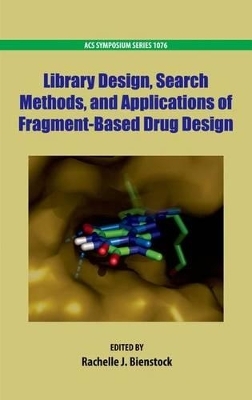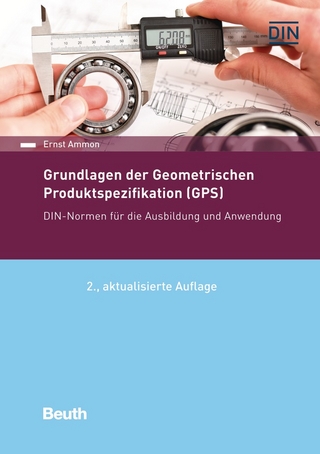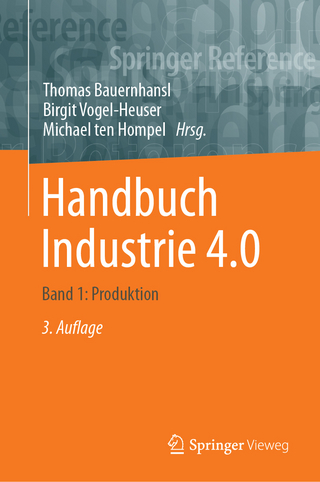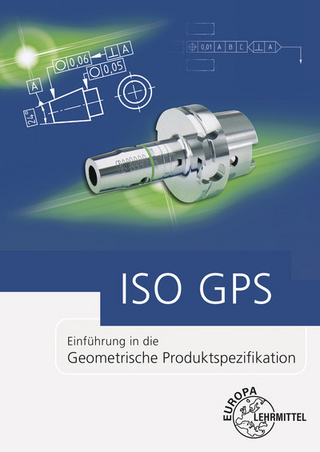
Library Design, Search Methods, and Applications of Fragment-Based Drug Design
Oxford University Press Inc (Verlag)
978-0-8412-2492-6 (ISBN)
- Keine Verlagsinformationen verfügbar
- Artikel merken
Fragment based ligand design is a promising technique for identifying novel lead compounds for drug discovery. Fragment based discovery involves identifying small low molecular weight compounds with low affinity to the target to use as the foundation for growing and linking to create high affinity lead compounds with high selectivity. Fragment based discovery has facilitated the incorporation of greater chemical diversity in libraries for more efficient novel lead
identification This book discusses computational methods for fragment library design, computational docking ranking and screening of fragments and computational methods for linking and growing fragments to yield lead compounds.
Dr. Rachelle J. Bienstock, received her undergraduate degree in Chemical Engineering from The Cooper Union in New York City and her Ph.D. in Chemistry from The University of Michigan in Ann Arbor, Michigan. Following postdoctoral studies at the University of Texas Southwestern Medical Center (Dallas), involving NMR and molecular modeling of constrained peptide analogs and peptidomimetics, she joined The National Institute of Environmental Health Sciences, (NIEHS), Research Triangle Park, NC, as a molecular modeler and computational chemist. Her main research interests are protein structure and protein complex prediction methodologies, computational and structure based ligand design methods and protein-protein and protein-ligand docking studies.
Preface ; 1. Overview: Fragment-Based Drug Design ; Rachelle J. Bienstock ; Section I: Designing and Searching Fragment Libraries ; 2. Validation of Reaction Vectors for de Novo Design ; Dimitar Hristozov, Michael Bodkin, Beining Chen, Hina Patel, and Valerie J. Gillet ; 3. Design and Application of Fragment Libraries for Protein Crystallography ; John Badger ; 4. Ligand-Based Virtual Screening Using Bayesian Inference Network ; Ammar Abdo and Naomie Salim ; 5. A Computational Fragment Approach by Mining the Protein Data Bank: Library Design and Bioisosterism ; F. Moriaud, S. A. Adcock, A. Vorotyntsev, O. Doppelt-Azeroual, S. B. Richard, and F. Delfaud ; Section II: Computational Screening: Docking ; 6. A Fragment-Based Docking Engine: eHiTS ; Zsolt Zsoldos, Ph.D. ; 7. Fragment-Based High-Throughput Docking and Library Tailoring ; Peter Kolb ; Section III: Leads from Fragments: Fragment Growing and Linking ; 8. In Silico Fragment-Based Generation of Drug-Like Compounds ; Peter S. Kutchukian, David Lou, and Eugene I. Shakhnovich ; 9. Fragment-Based Drug Discovery for Diseases of the Central Nervous System ; Vicki L Nienaber ; Editor's Biography ; Indexes ; Author Index ; Subject Index
| Erscheint lt. Verlag | 31.5.2012 |
|---|---|
| Reihe/Serie | ACS Symposium Series ; 1076 |
| Verlagsort | New York |
| Sprache | englisch |
| Maße | 160 x 228 mm |
| Gewicht | 484 g |
| Themenwelt | Mathematik / Informatik ► Informatik ► Theorie / Studium |
| Informatik ► Weitere Themen ► CAD-Programme | |
| Mathematik / Informatik ► Mathematik ► Computerprogramme / Computeralgebra | |
| Medizin / Pharmazie ► Medizinische Fachgebiete ► Pharmakologie / Pharmakotherapie | |
| Medizin / Pharmazie ► Pflege | |
| Naturwissenschaften ► Chemie | |
| Technik | |
| ISBN-10 | 0-8412-2492-7 / 0841224927 |
| ISBN-13 | 978-0-8412-2492-6 / 9780841224926 |
| Zustand | Neuware |
| Haben Sie eine Frage zum Produkt? |
aus dem Bereich


